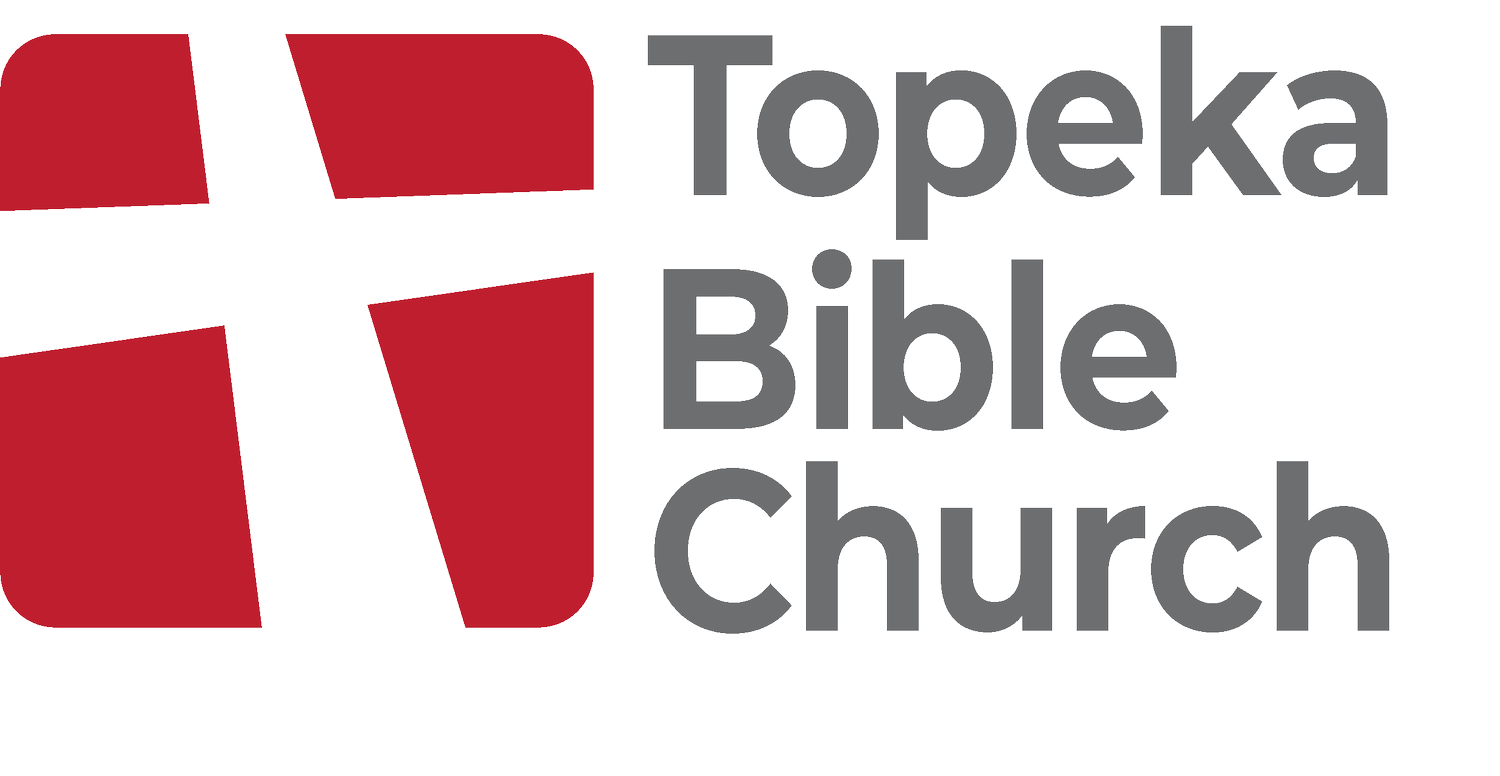Finding Faith that Won’t Be Shaken
An abstract of Connor Kraus’ sermon on July 13, 2025, in the Summer in the Psalms series. Watch the sermon video here.
Picture this: You're out on a lake early in the morning. The water is perfectly still, like glass. Driving the boat is easy – just don't hit the shore! But as the day goes on, other boats join you. Waves start forming. Suddenly, driving requires real skill. Hit a wave wrong, and it feels like you've crashed into a rock.
This is exactly what life feels like sometimes. When everything is going well, faith seems easy. But when hard times hit – when you lose someone you love, get bad news from the doctor, or face financial struggles – that's when you need a faith that can handle the waves.
David understood this. When he wrote Psalm 16, he was asking God for protection. He was in real danger and needed help. But instead of just complaining or giving up, David chose to focus on something deeper.
Taking Refuge in What Doesn't Change
David made an important choice. He said, "Protect me God, for I take refuge in you." Even when life was hard, he decided to run toward God instead of away from Him.
This wasn't easy. David admits that some people, when facing hard times, run toward things that promise quick fixes – money, pleasure, success, or other substitutes for God. But David learned something important: these false solutions don't just disappoint you, they actually make things worse.
God Is Your True Portion
David uses a powerful comparison in Psalm 16. He talks about the tribe of Levi, who didn't get land like the other tribes of Israel. Instead, they got something better – they got to serve in God's temple and be close to His presence.
David says that's what his relationship with God is like. He writes, "Lord, you are my portion and my cup of blessing." In other words, knowing God personally is better than any material blessing he could receive.
Think about it this way: David was the king of Israel. He had wealth, power, and success. But he said the best thing in his life was his relationship with God. That relationship was his anchor when everything else was shaking.
Setting God Before You
One of the most powerful verses in this psalm is when David says, "I set the Lord continually before me." This means David made a conscious choice about where to focus his attention.
We all focus on something. It might be our problems, our goals, our fears, or our dreams. But David chose to focus on God. He made God his lighthouse – the thing he steered toward even when storms made it hard to see.
David discovered that when you anchor your life in God's goodness, you become like Him – unshakeable. Not because life gets easier, but because you're connected to something that never changes.
Hope Beyond the Grave
Here's where David's faith gets really amazing. He knew that even if God protected him from his current troubles, someday he would still die. Everyone does. But David wasn't worried about that either.
He writes, "You will not abandon me to the grave. You will not allow your faithful one to see decay." David believed that God's goodness extends beyond death itself.
What David didn't know was that 1,000 years later, his words would come true in a way he never imagined. When Jesus died on the cross and rose from the dead, He fulfilled David's words literally. God didn't abandon Jesus to the grave, and His body didn't see decay.
This is why the apostle Peter quoted Psalm 16 in his famous sermon at Pentecost. Peter told the crowd that David's words were a prophecy about Jesus. Through Jesus, we can have the same hope David had – that death is not the end, but the beginning of eternal life with God.
Three Ways to Build Unshakeable Faith
So how do you develop the kind of faith David had? Here are three key principles from Psalm 16:
1. Run Toward God When Life Falls Apart
This is the hardest part. When you're hurting, angry, or scared, the last thing you might want to do is pray or go to church. But David shows us that running toward God – not away from Him – is what brings real comfort and strength.
2. Let God Define What Is Good
Our culture tells us many different things are "good" – success, wealth, popularity, pleasure. But these things change and can be taken away. God's definition of good is based on His unchanging character. When you let Him define what's truly good, you build your life on something solid.
3. Focus on Resurrection Hope
No matter how good your life is right now, it won't last forever. Everyone faces death eventually. But if you trust in Jesus, death is not something to fear. It's the doorway to eternal life with God, where there's no more pain, sadness, or tears.
Your Next Step
David's story shows us that real faith isn't about having an easy life. It's about having an unshakeable foundation that holds you steady when life gets stormy.
Maybe you're in calm waters right now, or maybe you're facing some serious waves. Either way, you don't have to face life's storms alone. God wants to be your refuge, your portion, and your hope.
If you're curious about what it means to have this kind of faith, we'd love to meet you. Join us this Sunday at 9:00 or 10:30 a.m. to explore how God's love can anchor your life, no matter what storms you're facing.
Ready to take the next step? Plan a visit today and discover the unshakeable hope that David found.
